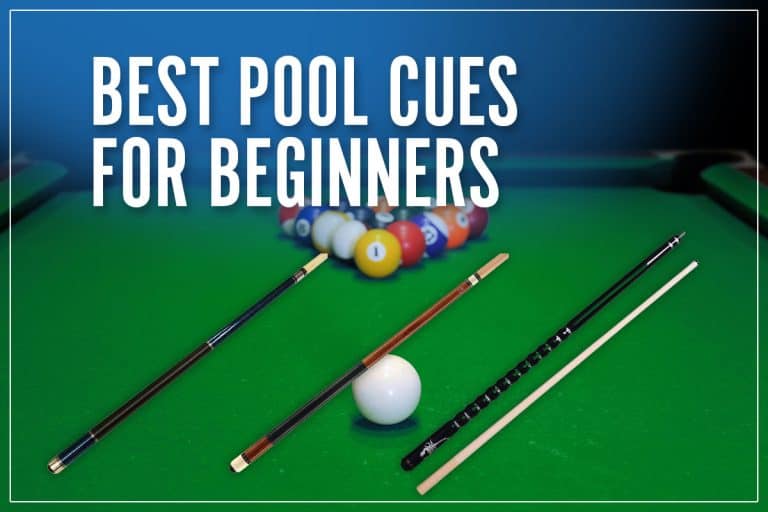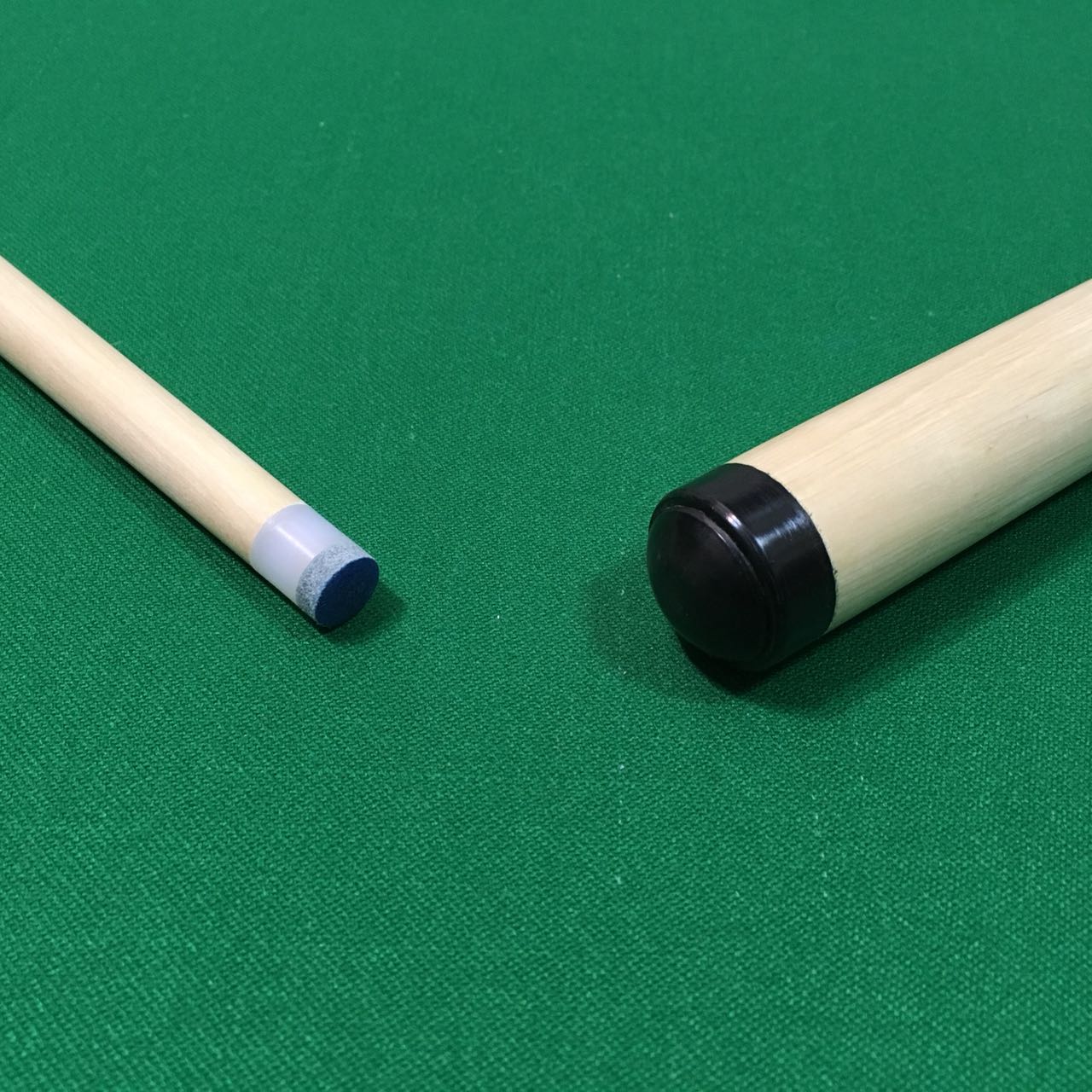When it comes to diving into the world of pool, having the right gear can make all the difference, and let’s be real—a good starter pool cue is like your trusty sidekick on this journey. Whether you're a newbie or just looking to upgrade from that beat-up stick you've been using, finding the perfect cue stick is crucial. Think of it as the foundation for building your skills and confidence at the table.
Now, I get it—shopping for a pool cue can feel overwhelming, especially if you're just starting out. There are so many options out there, from cheap ones that feel like they're gonna snap in half to high-end sticks that could buy you a small car. But don't sweat it, because we're gonna break it down for ya. This guide is all about helping you find the best good starter pool cue without breaking the bank.
So, buckle up, cuz we’re diving deep into the world of pool cues, tips, and tricks to help you make the right choice. By the end of this, you'll know exactly what to look for, what to avoid, and how to spot a quality cue stick that’ll serve you well for years to come. Let’s roll!
Read also:Movie Rulz Your Ultimate Guide To The Worlds Best Movie Streaming Platform
Table of Contents
- What to Look For in a Good Starter Pool Cue
- Types of Pool Cues for Beginners
- Budget-Friendly Pool Cue Options
- Understanding Biomechanics with Your Cue
- Maintaining Your Starter Pool Cue
- Frequently Asked Questions About Starter Pool Cues
- Top Brands for Starter Pool Cues
- Tips for Choosing the Perfect Cue
- What to Avoid When Buying a Starter Pool Cue
- Wrapping It Up: Your Next Move
What to Look For in a Good Starter Pool Cue
Alright, let’s start with the basics. When you're shopping for a good starter pool cue, there are a few key factors you need to keep in mind. Think of it like building a house—you want a solid foundation, right? Same goes for your cue stick. Here's what you should focus on:
Material Matters
The material of your cue stick plays a huge role in its performance. Most beginner cues are made from wood, usually maple or ash, because they offer a good balance of durability and affordability. But don’t just stop at wood—some cues also come with synthetic materials or even fiberglass for added strength. Just make sure whatever material you choose feels comfortable in your hands.
Weight and Balance
Weight is another big deal. A good starter pool cue should weigh between 18 and 21 ounces. Anything lighter might feel flimsy, and anything heavier could strain your wrist over time. And let’s not forget balance—your cue should feel evenly distributed, not too heavy at the tip or the butt.
Pro Tip: Test out different weights before you buy. If you can, visit a local pool hall and try out a few sticks to see what feels right for you.
Types of Pool Cues for Beginners
Not all pool cues are created equal, especially when it comes to beginners. Here’s a quick rundown of the most common types of cues you’ll encounter:
- One-Piece Cues: These are your basic, no-frills sticks. They’re cheap and easy to store, but they don’t offer much in terms of customization or performance.
- Two-Piece Cues: These are the go-to for most beginners. They’re portable, easy to assemble, and offer better balance and control than one-piece cues.
- Jump Cues: If you’re into trick shots, a jump cue might be worth considering. These are shorter and lighter, designed specifically for jumping the ball.
For most beginners, a two-piece cue is the way to go. It’s versatile, user-friendly, and offers a good balance of performance and affordability.
Read also:Tamil Movierulz 2025 The Ultimate Guide To Your Favorite Movies
Budget-Friendly Pool Cue Options
Let’s talk money, cuz let’s face it—not everyone’s ready to drop a grand on a fancy cue stick. Luckily, there are plenty of budget-friendly options that still deliver great performance. Here are a few picks that won’t break the bank:
Best Budget Cues Under $100
If you’re on a tight budget, there are still some solid options out there. Brands like Action and Predator offer affordable cues that are perfect for beginners. Just keep in mind that cheaper cues might not last as long as more expensive ones, but they’re a great way to get started without committing too much cash.
Mid-Range Cues ($100-$200)
This price range is where you start to see a noticeable difference in quality. Cues in this category often come with better materials, better craftsmanship, and more customization options. If you’re serious about improving your game, this is the sweet spot for finding a good starter pool cue.
Pro Tip: Look for cues with replaceable tips. This will save you money in the long run, as you won’t have to replace the entire cue when the tip wears out.
Understanding Biomechanics with Your Cue
Here’s where things get a little science-y. Biomechanics basically refers to how your body interacts with your cue stick. It’s all about finding the right fit for your stance, grip, and stroke. A good starter pool cue should feel like an extension of your arm, not like a foreign object you’re struggling to control.
The Perfect Grip
Your grip is crucial. You want it to be firm but not too tight. Think of it like holding a bird—you don’t want to crush it, but you don’t want it to fly away either. A good cue stick should allow you to maintain a relaxed grip while still delivering power and precision.
Stroke Mechanics
Your stroke is another important factor. A smooth, consistent stroke is key to making accurate shots, and your cue stick plays a big role in that. Look for cues with a smooth finish and a comfortable shaft diameter to help you develop a consistent stroke.
Maintaining Your Starter Pool Cue
Now that you’ve got your cue stick, it’s important to take care of it. Proper maintenance will help extend its lifespan and keep it performing at its best. Here’s how:
- Keep It Clean: Wipe down your cue after every use to remove dirt and oils. A simple microfiber cloth works wonders.
- Store It Properly: Avoid leaving your cue in extreme temperatures or humid environments. A cue case is a great investment for protecting your stick.
- Check the Tip: Regularly inspect your cue tip for wear and tear. If it’s starting to flatten or crack, it’s time for a replacement.
Pro Tip: Consider having your cue professionally balanced once a year. This ensures it stays in top condition and continues to perform well.
Frequently Asked Questions About Starter Pool Cues
Got questions? We’ve got answers. Here are some of the most common queries about good starter pool cues:
How Often Should I Replace My Cue Tip?
It depends on how much you play, but generally, you should replace your cue tip every 100-200 hours of play. If you notice it’s flattening out or cracking, it’s time for a new one.
Can I Use a Cheap Cue for Serious Play?
While you can use a cheap cue to get started, it might not offer the precision and control you need for serious play. As you improve, consider upgrading to a higher-quality stick.
Top Brands for Starter Pool Cues
Not all brands are created equal, especially when it comes to pool cues. Here are a few top contenders for beginners:
- Predator: Known for their high-quality cues, Predator offers a range of options for every skill level.
- Mezz: This brand is popular among pros and beginners alike, thanks to their innovative designs and excellent performance.
- Peradon: A British brand with a long history of crafting high-end cues, Peradon offers some great options for beginners on a budget.
Pro Tip: Do your research before buying. Read reviews, watch videos, and ask around at your local pool hall to get a feel for which brand might be right for you.
Tips for Choosing the Perfect Cue
Here are a few final tips to help you make the right choice:
- Try before you buy. If possible, test out a few different cues to see what feels best for you.
- Consider your playing style. Are you more of a power player or do you prefer finesse? Your cue should match your style.
- Invest in quality. While you don’t need to break the bank, spending a little extra on a good-quality cue can make a big difference in your game.
What to Avoid When Buying a Starter Pool Cue
Finally, let’s talk about what to avoid. Here are a few red flags to watch out for:
- Cheesy Designs: Sure, that cue with the neon flames might look cool, but it probably won’t perform well. Stick to cues with solid construction and simple designs.
- Overpriced Accessories: Some brands try to upsell you on fancy cases or extra tips. Focus on the cue itself first, then worry about accessories later.
- Unbalanced Sticks: If a cue feels too heavy at the tip or the butt, pass on it. Balance is key for consistent play.
Wrapping It Up: Your Next Move
So, there you have it—the ultimate guide to finding the best good starter pool cue. Remember, the right cue stick can make all the difference in your game, so take your time and choose wisely. Whether you’re a complete newbie or just looking to upgrade, there’s a cue out there that’s perfect for you.
Now, here’s where you come in. Did this guide help you? Have any questions or tips of your own? Drop a comment below and let’s keep the conversation going. And if you found this article helpful, don’t forget to share it with your fellow pool enthusiasts. Until next time, keep hustlin’ and keep shootin’ straight!


